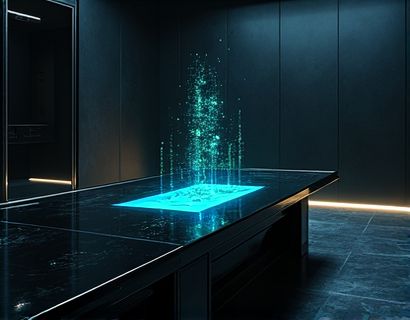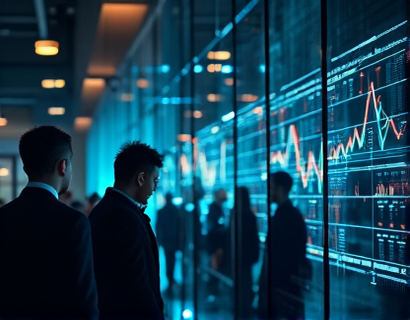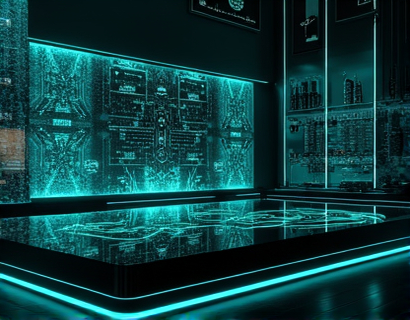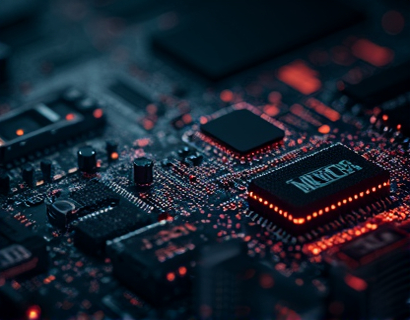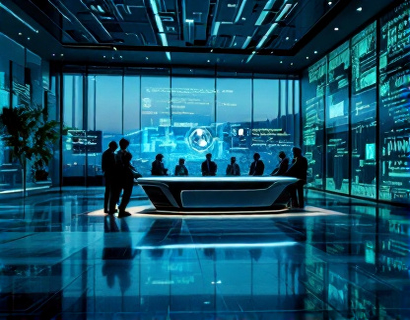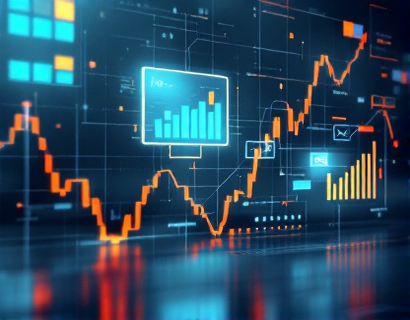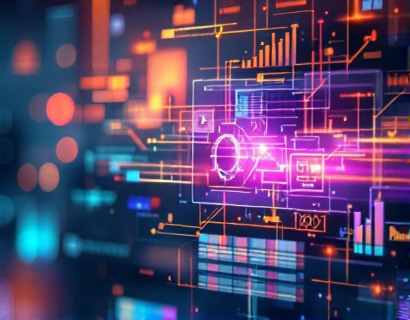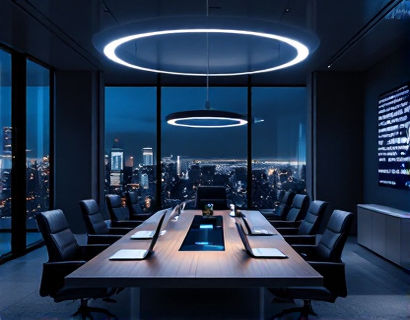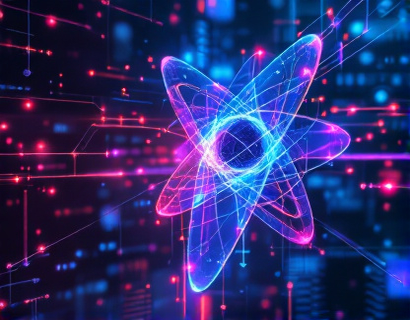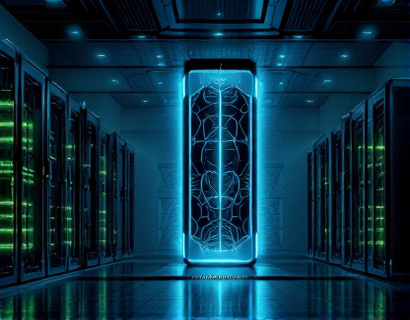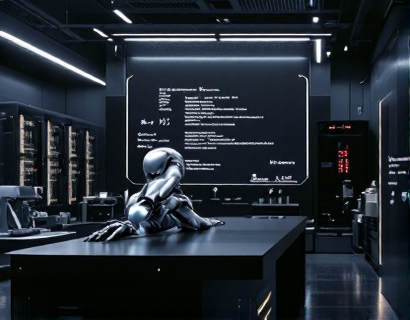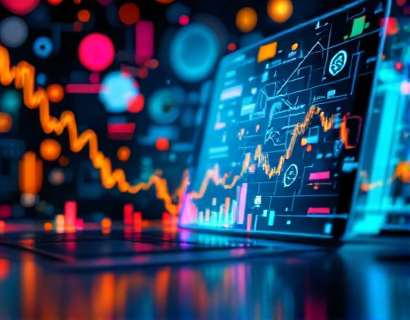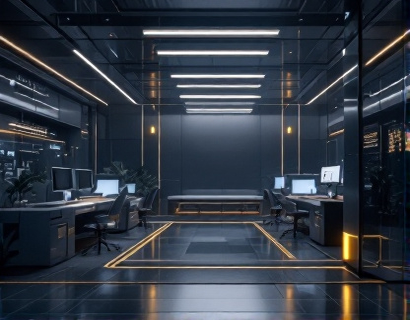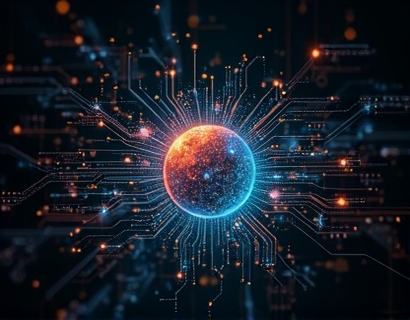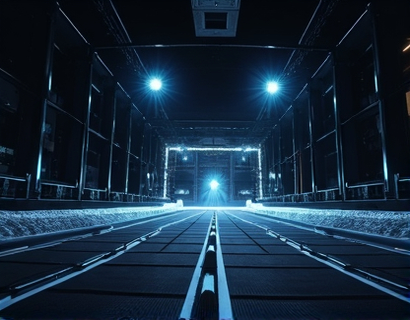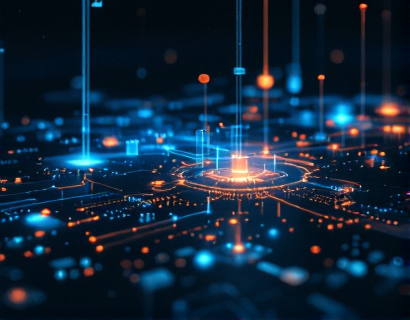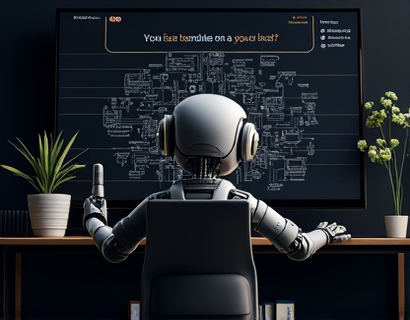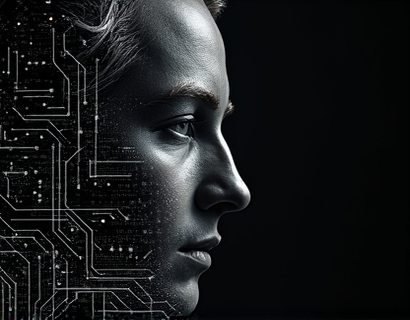Advanced Lighting and Sound Hardware Solutions for Seamless Event Management
In the dynamic world of event planning and production, the integration of advanced lighting and sound hardware solutions plays a pivotal role in elevating the overall experience. The ability to seamlessly control and manage these systems is crucial for creating an atmosphere that captivates and engages the audience. This article delves into the importance of utilizing sophisticated hardware management software, designed to streamline and enhance control over lighting and sound systems, ensuring optimal performance and reliability.
The modern event landscape demands more than just basic lighting and sound setups. Today's audiences expect immersive and dynamic experiences that resonate on multiple sensory levels. To achieve this, event planners and production managers must leverage cutting-edge technology that allows for precise control and coordination of all audio-visual elements. Advanced hardware management software serves as the backbone of this process, providing a unified platform to manage complex systems with ease.
Key Features of Advanced Hardware Management Software
One of the primary advantages of employing advanced hardware management software is its ability to offer a centralized control interface. This interface consolidates all lighting and sound devices into a single, intuitive dashboard, allowing users to monitor and adjust settings in real-time. Such a system eliminates the need to navigate multiple devices or disparate control panels, reducing the potential for errors and improving overall efficiency.
Another critical feature is the automation capability. Advanced software can pre-set and automate complex lighting and sound sequences, ensuring that transitions are smooth and timing is precise. This is particularly beneficial for events with intricate choreography, such as concerts or theater productions, where every second counts. Automation not only saves time but also reduces the cognitive load on the technical crew, allowing them to focus on other aspects of the event.
Enhanced Reliability and Troubleshooting
Reliability is paramount in event management. Advanced hardware management software includes robust diagnostic tools that continuously monitor the status of all connected devices. These tools can detect issues before they become critical, sending alerts to the technical team for prompt resolution. This proactive approach minimizes downtime and ensures that the event runs smoothly from start to finish.
Furthermore, the software often includes a history log of all operations, providing a detailed record of settings and changes made during the event. This feature is invaluable for post-event analysis and for refining future setups. It also serves as a troubleshooting resource, helping technicians quickly identify and resolve issues based on past data.
Seamless Integration and Compatibility
One of the most significant challenges in event lighting and sound management is ensuring compatibility across different brands and models of hardware. Advanced hardware management software addresses this by supporting a wide range of devices and protocols. This compatibility ensures that equipment from various manufacturers can work together harmoniously, creating a cohesive and professional presentation.
Moreover, these software solutions often come with pre-built templates and profiles for common devices, further simplifying the integration process. Users can easily import these templates into their system, reducing setup time and ensuring consistent performance across different events.
User-Friendly Interface and Customization
Despite the complexity of the systems they manage, advanced hardware management software is designed with the user in mind. The interfaces are intuitive and user-friendly, making it accessible for technicians with varying levels of expertise. This accessibility is crucial for event teams that may have limited time to train on new systems.
Customization is another key aspect. The software allows users to tailor the interface to their specific needs, creating shortcuts and custom layouts that streamline their workflow. This level of personalization enhances productivity and ensures that the technical team can focus on delivering a exceptional event experience.
Real-Time Monitoring and Control
Real-time monitoring and control are essential for maintaining the high standards required in professional event production. Advanced hardware management software provides live feeds and real-time data for all connected devices, allowing the technical crew to make instant adjustments as needed. This capability is particularly useful during dynamic events where conditions can change rapidly, such as outdoor festivals or large conferences.
Additionally, the software often includes remote access options, enabling the technical team to manage the system from anywhere. This feature is invaluable for events with distributed teams or when on-site access is limited. Remote control ensures that the team can respond quickly to any issues, maintaining the integrity of the event.
Energy Efficiency and Sustainability
In an era where sustainability is increasingly important, advanced hardware management software can also contribute to more energy-efficient event production. By optimizing the operation of lighting and sound systems, the software can reduce power consumption without compromising performance. This not only lowers operational costs but also aligns with the growing demand for eco-friendly event practices.
Some advanced systems even include features that automatically adjust settings based on environmental conditions, such as ambient light levels or audience size. These intelligent adjustments ensure that resources are used efficiently, further enhancing the sustainability of the event.
Case Studies and Success Stories
To illustrate the impact of advanced hardware management software, consider a large-scale music festival that implemented a new control system. Prior to the upgrade, the technical team faced challenges with coordinating multiple stages and ensuring consistent sound quality across the venue. With the new software, they were able to centralize control, automate transitions, and monitor all systems in real-time. The result was a seamless experience for both the performers and the audience, with minimal downtime and high praise for the production quality.
Another example is a corporate conference that utilized the software to manage a complex setup involving multiple presentation areas and interactive installations. The centralized control interface allowed the technical team to manage all aspects of the event from a single location, significantly reducing setup time and ensuring that all presentations ran smoothly. The conference received positive feedback for its polished and professional presentation.
Future Trends and Innovations
The field of event lighting and sound management is continually evolving, with new technologies and innovations on the horizon. One promising area is the integration of artificial intelligence (AI) into hardware management software. AI can analyze patterns and preferences to predict and automate settings, further enhancing efficiency and personalization.
Another trend is the incorporation of wireless and battery-powered devices, which offer greater flexibility and ease of use. These devices can be easily repositioned or reconfigured without the need for extensive wiring, making them ideal for temporary or outdoor events.
Additionally, the rise of 5G technology promises faster and more reliable connectivity, enabling more sophisticated remote monitoring and control capabilities. This will allow technical teams to manage events from virtually anywhere, expanding the possibilities for global event production.
Conclusion
Advanced hardware management software is a game-changer in the world of event planning and production. By providing a centralized, user-friendly platform for controlling and monitoring lighting and sound systems, these solutions ensure seamless integration and optimal performance. The benefits extend beyond just technical efficiency; they enhance the overall experience for both the technical team and the audience, setting new standards for event excellence.
As technology continues to advance, the potential for innovation in this field is vast. Event planners and production managers who embrace these tools will be well-positioned to deliver unforgettable experiences that stand out in a competitive landscape.



